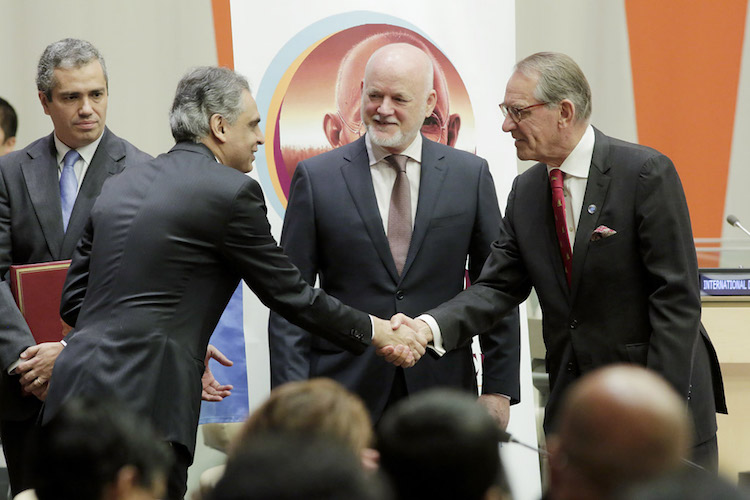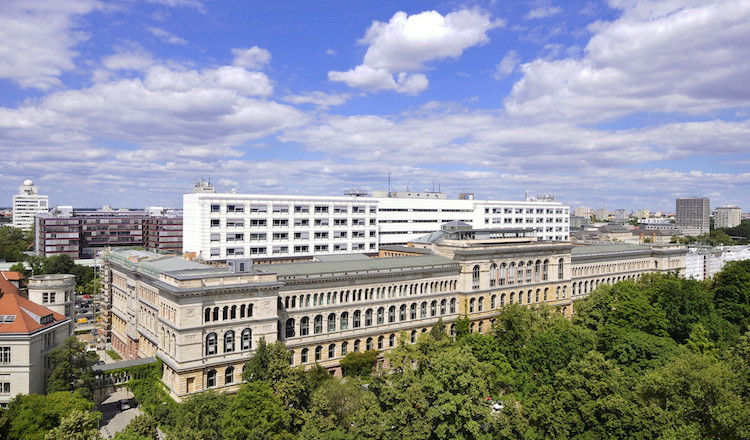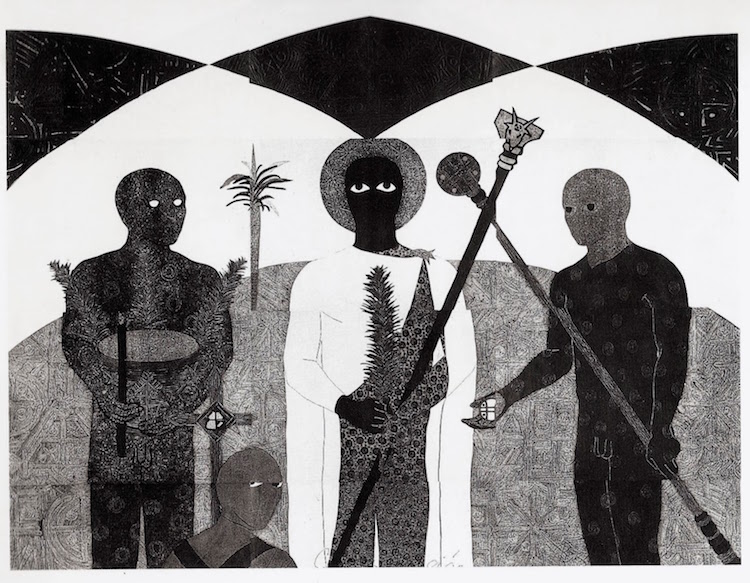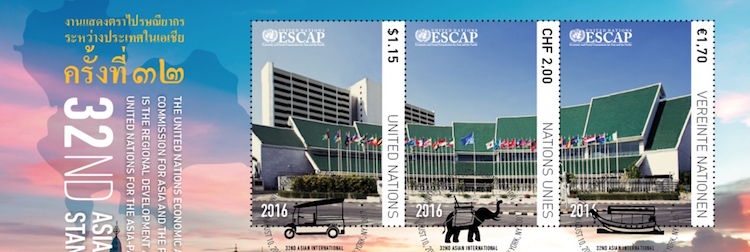By J Nastranis
NEW YORK (IDN) – The ratification of the Paris Agreement on climate change by India at the United Nations Headquarters in New York, has brought the treaty’s entry into force “tantalisingly” close.
The Agreement, which calls on countries to combat climate change and limit global temperature rise to well below 2 degrees Celsius, will take effect 30 days only after at least 55 countries, responsible for 55 per cent of global greenhouse gas emissions, deposit their instruments of ratification.
With October 2 action by India, which accounts for 4.1 per cent of the emissions, the Agreement only needs slightly more than 3 percentage points to reach the “55 per cent” threshold. The “55 countries” requirement had already been met.










